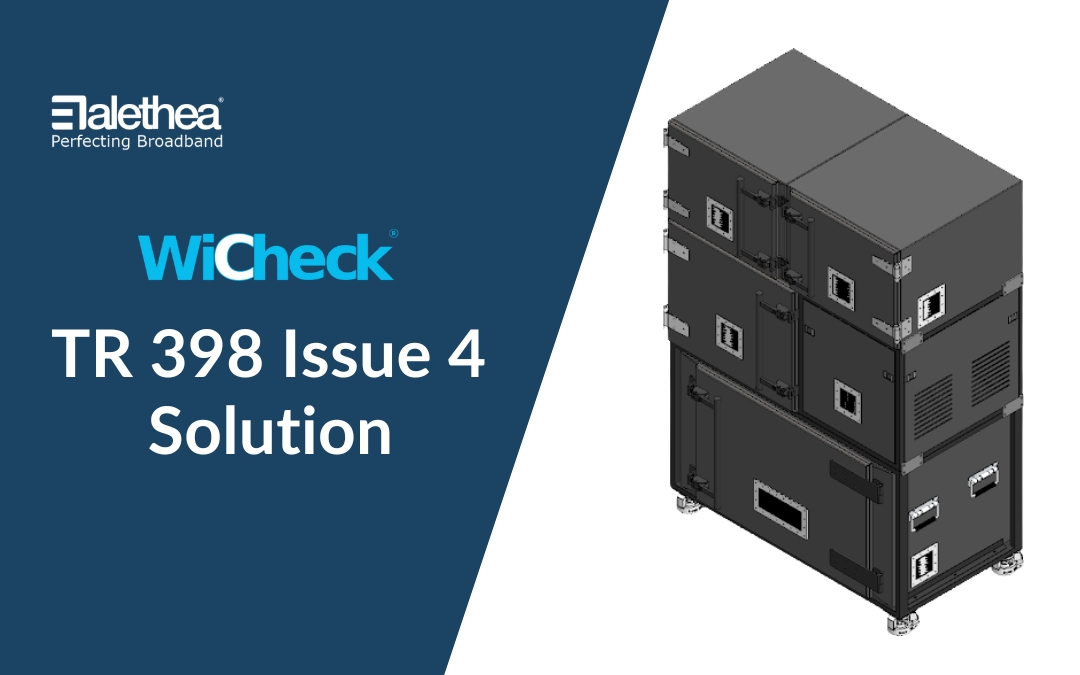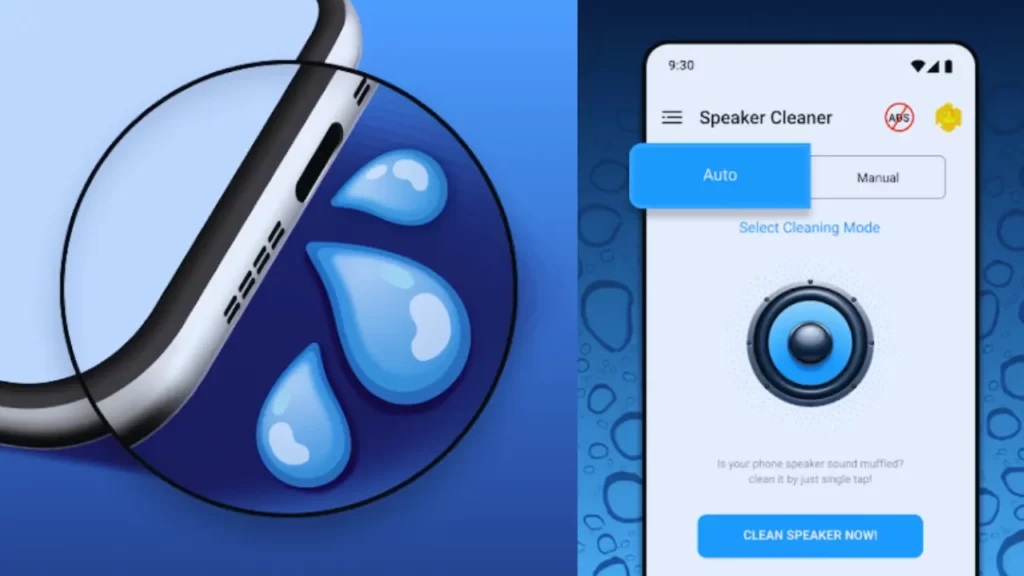Streamlining TR-398 Issue 4 Compliance with WiCheck

As Wi-Fi 7 becomes the new standard for connectivity, the demand for robust, high-performing wireless networks is more critical than ever. Devices are expected to perform flawlessly across a variety of real-world scenarios, and service providers are under pressure to ensure their networks can deliver the speed, reliability, and responsiveness users expect. To meet these expectations, the Broadband Forum introduced TR-398 Issue 4, a performance test specification designed to assess the real-world capability of Wi-Fi access points and devices. However, validating compliance with this comprehensive benchmark presents significant challenges without the right tools.
WiCheck by Alethea Communications Technologies addresses this gap. It delivers a purpose-built, automated solution for Wi-Fi client testing that supports all TR-398 Issue 4 test cases while offering scalability and intelligent diagnostics. From automation to real-world simulation, WiCheck simplifies the compliance journey and enables faster, more reliable wireless device validation.
Complete TR-398 Issue 4 Coverage
TR-398 Issue 4 introduces several updates and new test cases that reflect the capabilities of Wi-Fi 7. WiCheck includes a complete test pack aligned with these standards. Among the key test categories covered are:
- 4096-QAM validation for high data rate support
- 320 MHz channel testing for enhanced bandwidth
- Preamble puncturing to test efficient spectrum usage
- Multi-Link Operation (MLO) in both MLMR and EMLSR modes
- Latency, jitter, and reliability testing in congested environments
These test cases are pre-configured and ready to execute, eliminating the need for teams to build custom test scripts or integrate multiple tools. With WiCheck, engineers can validate performance and interoperability across a wide range of client devices using a single, cohesive platform.
One-Click Test Execution
Traditional Wi-Fi testing workflows often involve lengthy setup procedures, manual configurations, and the risk of human error. WiCheck removes these bottlenecks with its One-Click Mode. This feature allows teams to run the entire TR-398 test suite with a single command.
The benefits of this approach include:
- Consistent, repeatable test execution
- Drastically reduced setup time
- Instant report generation in standardized formats
- Seamless integration into existing QA workflows
For organizations with large product portfolios or tight release schedules, this simplicity accelerates validation cycles and ensures consistent testing across devices.
Native Support for Wi-Fi 7 Features
WiCheck was built with Wi-Fi 7 in mind. Its architecture supports native testing of new features fundamental to TR-398 Issue 4, such as:
- Multi-Link Operation for concurrent uplink and downlink traffic
- OFDMA and MU-MIMO for multi-user performance under load
- Wider channels (up to 320 MHz) for throughput optimization
- Real-time latency and jitter monitoring under stress conditions
This native compatibility ensures that WiCheck remains relevant as Wi-Fi technologies evolve, providing a long-term solution for wireless device testing.
Scalable Real-World Emulation
WiCheck stands out for its ability to emulate large numbers of Wi-Fi clients in realistic usage scenarios. Whether it’s an enterprise deployment, a smart home, or a high-density public space, WiCheck can simulate the environment effectively.
This scalability enables users to:
- Analyze access point behaviour under maximum load
- Test roaming and handoff performance
- Model interference and overlapping coverage
- Evaluate device behaviour in mesh and IoT networks
Such comprehensive simulation capabilities make WiCheck a valuable tool not only for compliance testing but also for performance optimization and troubleshooting.
CI/CD Ready with Full Automation Support
Engineering teams are increasingly adopting DevOps methodologies, and WiCheck supports this shift through its automation-ready design. Key features include:
- RESTful APIs for remote test control and data collection
- CLI scripting tools for batch execution
- Continuous integration hooks for nightly and regression testing
- Custom dashboards for real-time data visualization
These capabilities allow QA and development teams to run TR-398 test suites continuously, catch regressions early, and align validation with agile workflows.
Advanced Diagnostics and AI-Based Insights
WiCheck goes beyond pass/fail outcomes. It provides rich diagnostics to help teams pinpoint performance bottlenecks and troubleshoot efficiently. Its analytics engine includes:
- AI-driven anomaly detection
- Throughput, latency, jitter, and retry trend visualizations
- Comparative analysis across firmware or hardware versions
- Auto-generated test summaries and compliance reports
With these insights, developers and QA engineers can quickly identify and resolve issues that affect product performance and reliability.
Beyond Compliance: Testing for Real-World Success
While TR-398 compliance is a critical milestone, it is not the end goal. WiCheck empowers users to go further with over 350 additional test cases that simulate real-world conditions beyond standard benchmarks. These include:
- Negative testing such as disconnects, failed authentication, and poor signal handling
- Mesh networking validation for seamless device transitions
- IoT-specific scenarios under constrained power and intermittent connectivity
- Benchmarking and performance comparisons across multiple builds or vendors
By supporting these advanced test cases, WiCheck ensures that products are not only compliant but also deliver superior user experiences in diverse environments.
Trusted by Industry Leaders
Leading Wi-Fi chipset vendors, service providers, and device manufacturers worldwide use WiCheck as part of their validation workflows. Its flexible deployment model supports both centralized lab setups and remote site testing, making it adaptable to various operational needs.
From early-stage development to post-deployment diagnostics, WiCheck helps teams deliver high-quality Wi-Fi solutions faster and more confidently.
Final Thoughts
With the introduction of TR-398 Issue 4, Wi-Fi testing has become more complex—but also more important. Organizations can no longer rely on fragmented tools or manual processes to keep up. WiCheck offers a unified, automated, and future-ready platform for validating Wi-Fi devices against the latest standards and beyond.
If you’re looking to accelerate compliance testing, improve product reliability, and streamline your QA workflows, WiCheck is the partner you need on your Wi-Fi 7 journey.








